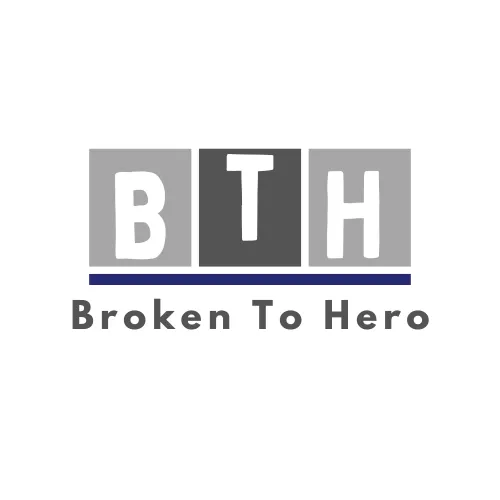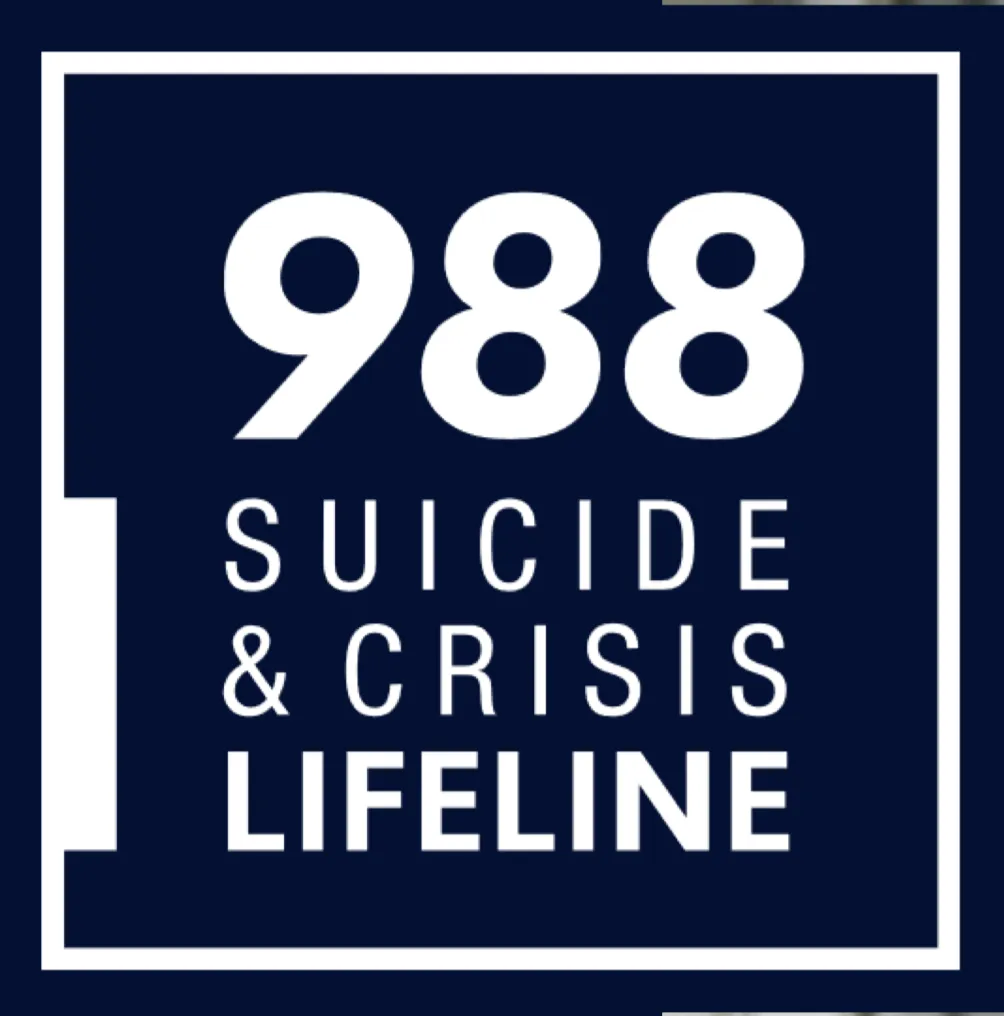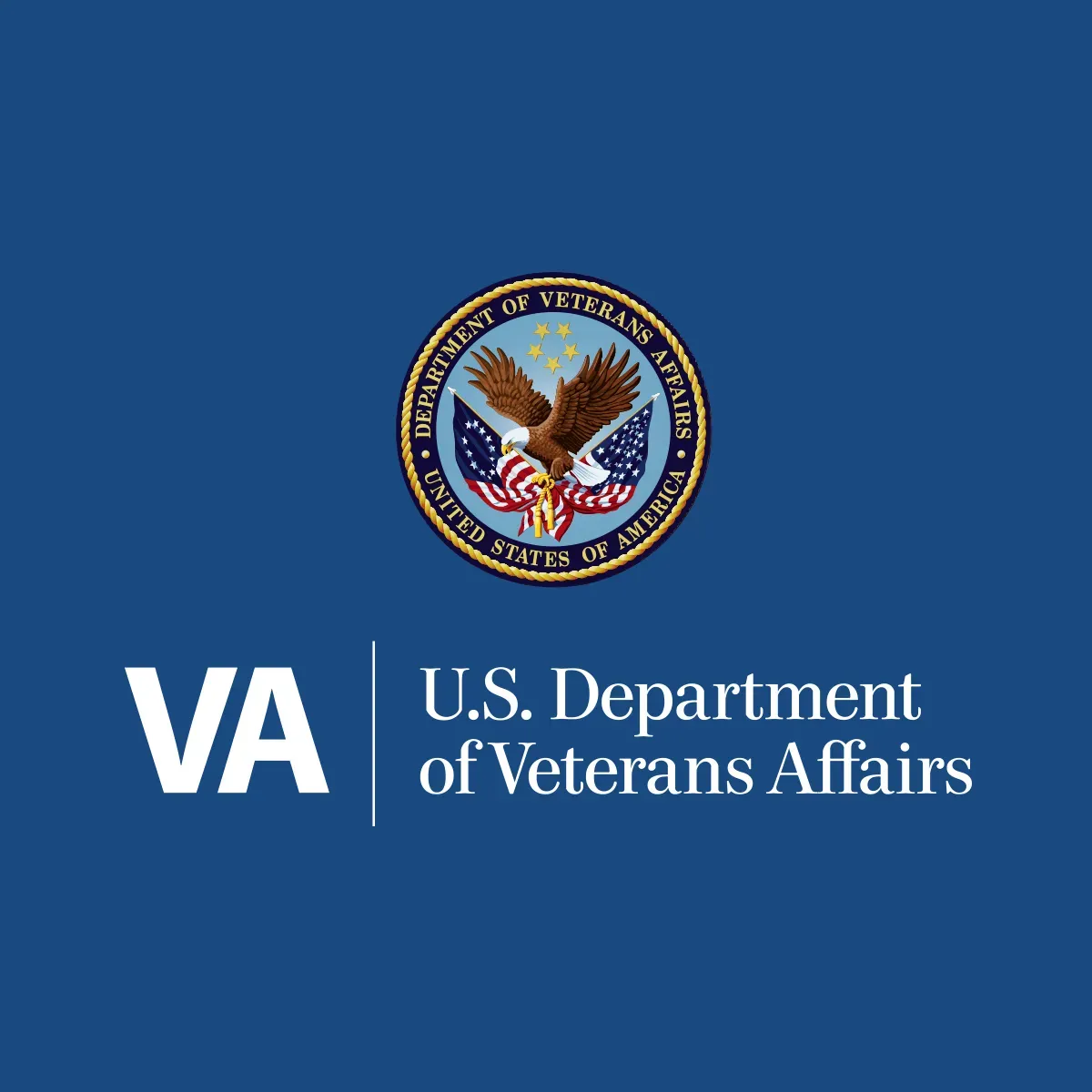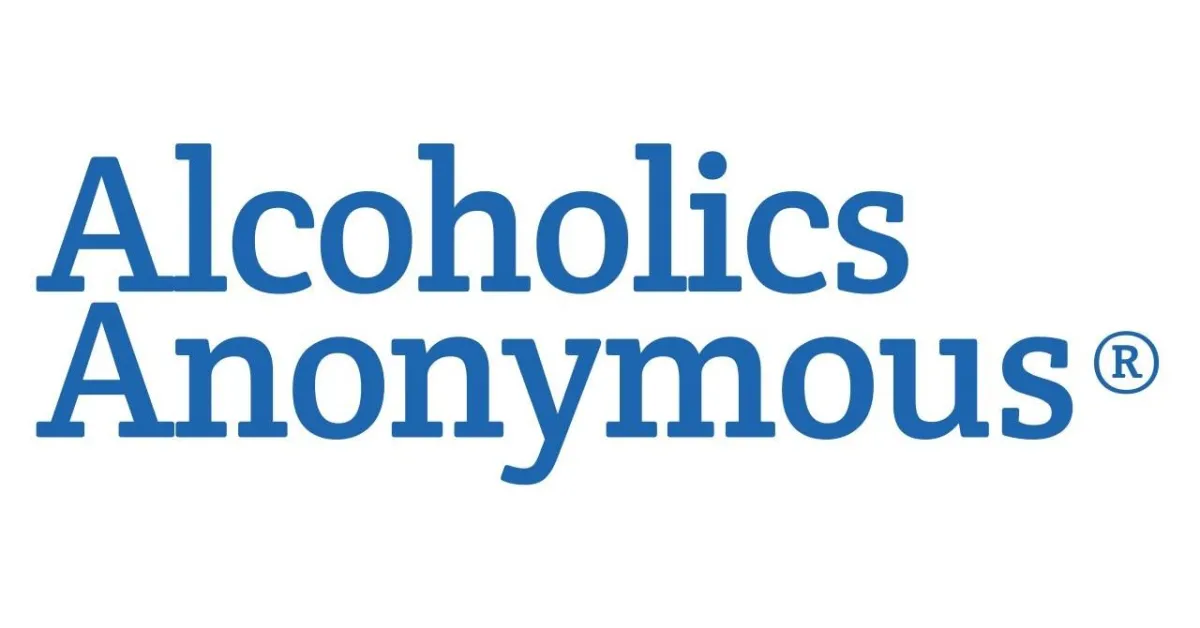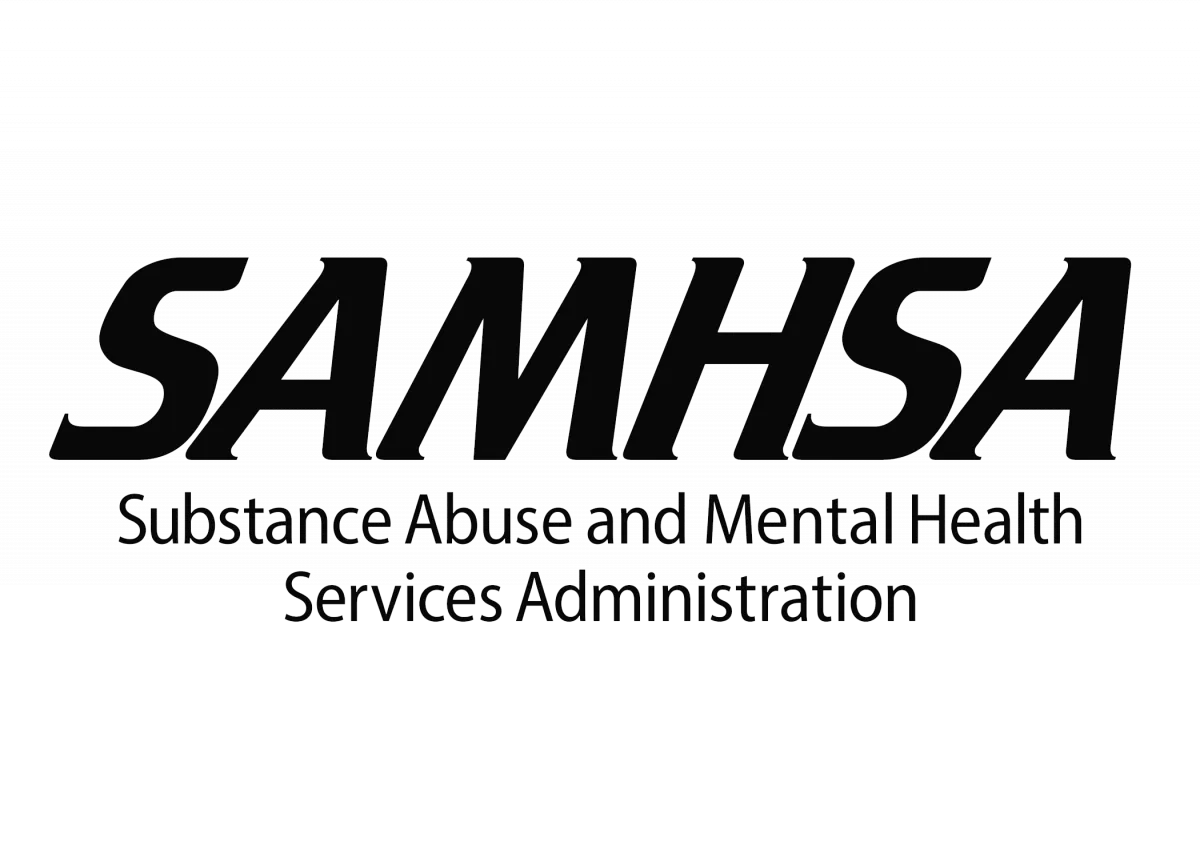FAQS
How does life coaching differ from therapy?
While both life coaching and therapy aim to support personal growth, they have distinct approaches. Therapy typically focuses on addressing past traumas, emotional healing, and diagnosing mental health conditions. On the other hand, life coaching is forward-focused, centered around setting and achieving goals, enhancing performance, and unlocking potential. If you're seeking to overcome specific challenges from your past, therapy might be more suitable. If you're looking to create a roadmap for personal or professional success, life coaching could be the right fit.
How often are coaching sessions conducted?
Coaching sessions frequency can vary based on your needs and preferences. Typically, we recommend starting with weekly sessions to establish momentum and make consistent progress. As you gain confidence and traction towards your goals, sessions might transition to bi-weekly or monthly. The flexibility of our approach ensures that the coaching frequency adapts to your evolving requirements, ensuring optimal support and accountability.
What if I'm unsure about my goals and direction?
It's completely normal to feel uncertain about your goals and direction. Our coaching process begins with an initial assessment where we'll work together to clarify your aspirations, values, and priorities. Through insightful questioning and exploration, we'll collaboratively uncover your passions and potential areas for growth. If you're not entirely sure about your goals, our coaching can help you gain clarity and chart a course that aligns with your authentic self. Remember, the journey towards clarity is an integral part of the coaching process itself.
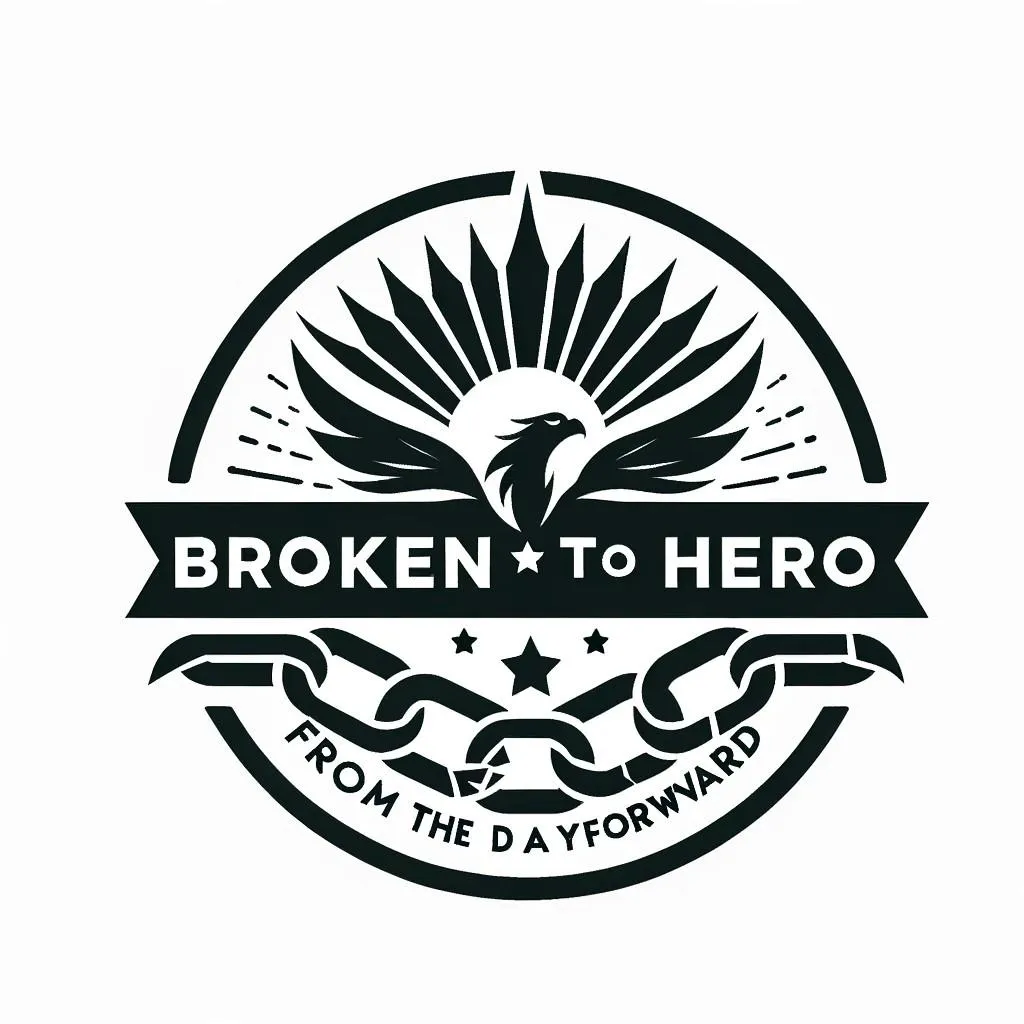

How to Access Homeless Resources with the Department of Veteran Affairs (VA)
Accessing homeless resources through the Veteran Affairs (VA) involves several steps. Here’s a general outline of the process:
1. Initial Contact
Veterans Crisis Line: If you are in crisis or need immediate assistance, you can contact the Veterans Crisis Line at 1-800-273-8255 and press 1, or text 838255. They provide support and can direct you to the appropriate resources.
2. Outreach and Intake
VA Homeless Programs: The VA has specialized programs to help homeless veterans. You can contact the National Call Center for Homeless Veterans at 1-877-424-3838 for assistance. This hotline connects you with trained counselors who can provide information on available resources and guide you through the process.
3. Eligibility and Assessment
Determining Eligibility: You will need to verify your veteran status and eligibility for VA health care. This typically involves providing documentation such as your DD-214 form (Certificate of Release or Discharge from Active Duty).
4. Enrollment and Services
Health Care for Homeless Veterans (HCHV): Enroll in the HCHV program, which offers outreach, case management, and residential treatment programs.
HUD-VASH Program: This program combines HUD housing vouchers with VA supportive services to help homeless veterans and their families find and sustain permanent housing. You will need to work with a VA case manager to apply for this program.
5. Case Management and Support
VA Case Manager: Once enrolled, you will be assigned a case manager who will work with you to develop a personalized plan. This plan may include finding temporary or permanent housing, accessing health care services, and connecting with other support services such as mental health care, substance use treatment, and employment assistance.
6. Additional Resources and Support
Grant and Per Diem (GPD) Program: Provides short-term housing assistance and supportive services. Nonprofit organizations receive grants to provide housing and support to homeless veterans.
Supportive Services for Veteran Families (SSVF): Offers case management and supportive services to help veterans and their families stay in or quickly return to permanent housing.
7. Follow-Up and Long-Term Support
Ongoing Support: Your case manager will continue to provide support and assistance as needed, helping you navigate any challenges and access additional resources to maintain stable housing and improve your quality of life.
Contact Points:
• National Call Center for Homeless Veterans: 1-877-424-3838
• Veterans Crisis Line: 1-800-273-8255, press 1 or text 838255
The VA's goal is to provide comprehensive support to help veterans transition from homelessness to stable, independent living.
Available Help
988 Suicide and Crisis Lifeline We can all help prevent suicide. The 988 Lifeline provides 24/7, free and confidential support for people in distress, prevention and crisis resources for you or your loved ones, and best practices for professionals in the United States.
The United States Department of Veterans Affairs is a Cabinet-level executive branch department of the federal government charged with providing lifelong healthcare services to eligible military veterans at the 170 VA medical centers and outpatient clinics located throughout the country.
Find A.A. Near You This website does not contain a meeting finder. Contact one of the A.A. resources below for a meeting list in that location and the surrounding area.
The Online Intergroup of Alcoholics Anonymous, or OIAA, is an International service organization established in accordance with the Ninth Tradition of Alcoholics Anonymous A.A., specifically for the purpose of assisting online.
A simple, supportive approach to mental health care. Find a therapist who fits your needs and takes your insurance.
NAMI is the National Alliance on Mental Illness, the nation’s largest grassroots mental health organization dedicated to building better lives for the millions of Americans affected by mental illness.
If you or someone you know has a mental illness, is struggling emotionally, or has concerns about their mental health, there are ways to get help.
The Substance Abuse and Mental Health Services Administration (SAMHSA) is the agency within the U.S. Department of Health and Human Services (HHS) that leads public health efforts to advance the behavioral health of the nation and to improve the lives of individuals living with mental and substance use disorders, and their families.
The National Network of Depression Centers (NNDC) develops and fosters connections among members to use the power of our network to advance scientific discovery, and to provide stigma free, evidence-based care to patients with depressive and bipolar illnesses.
